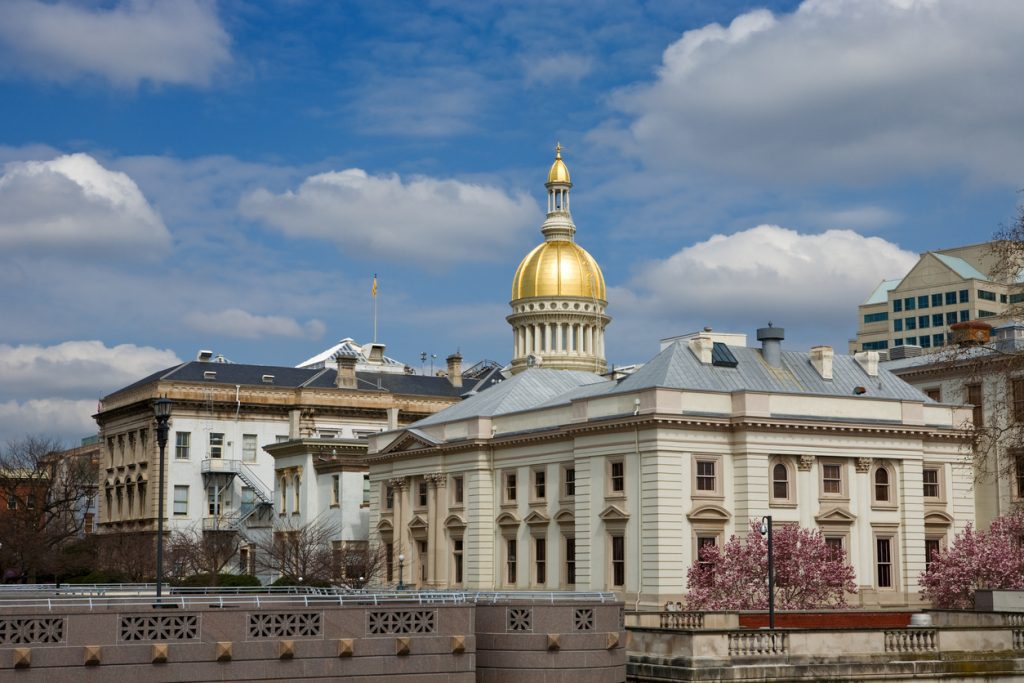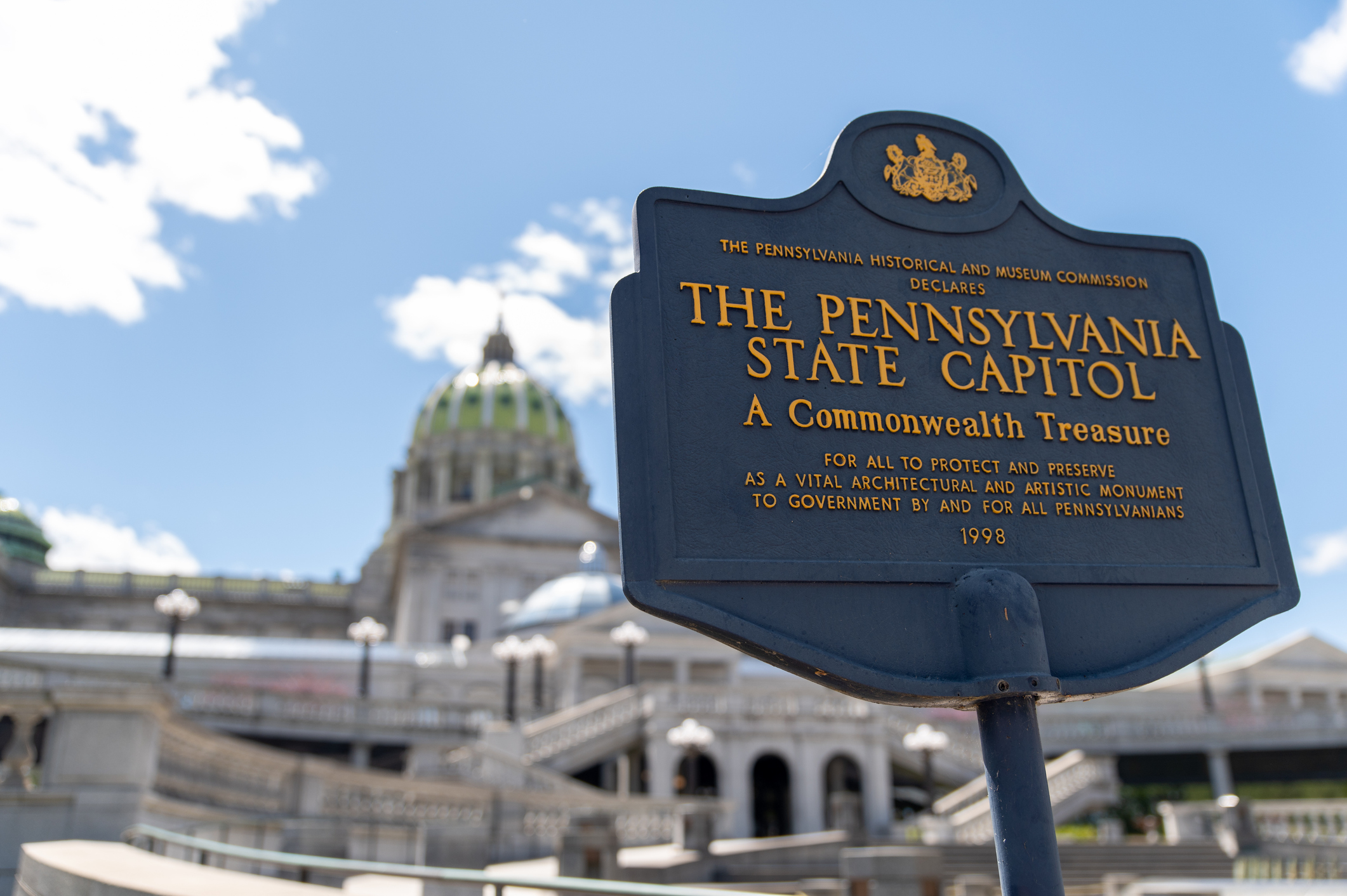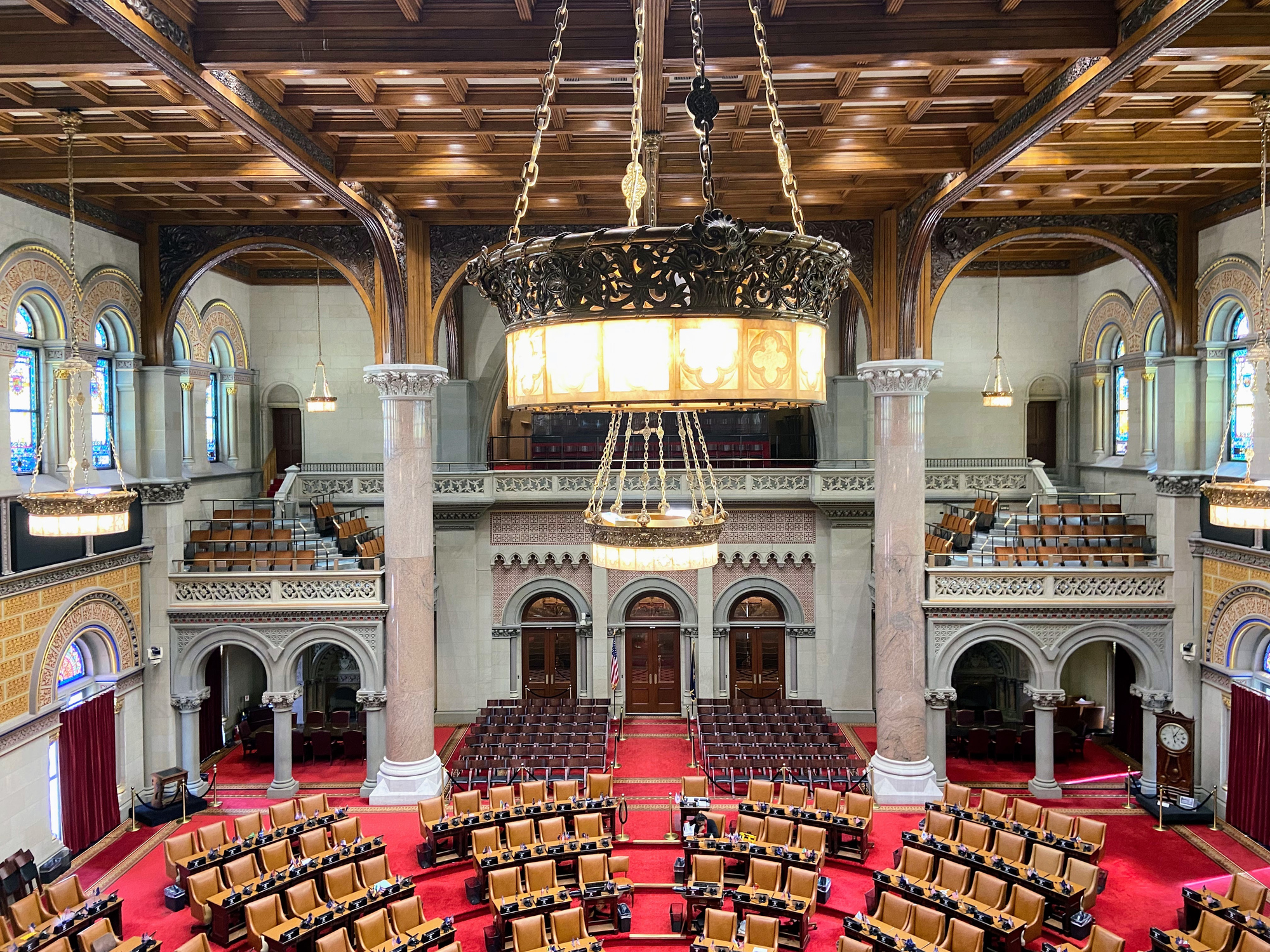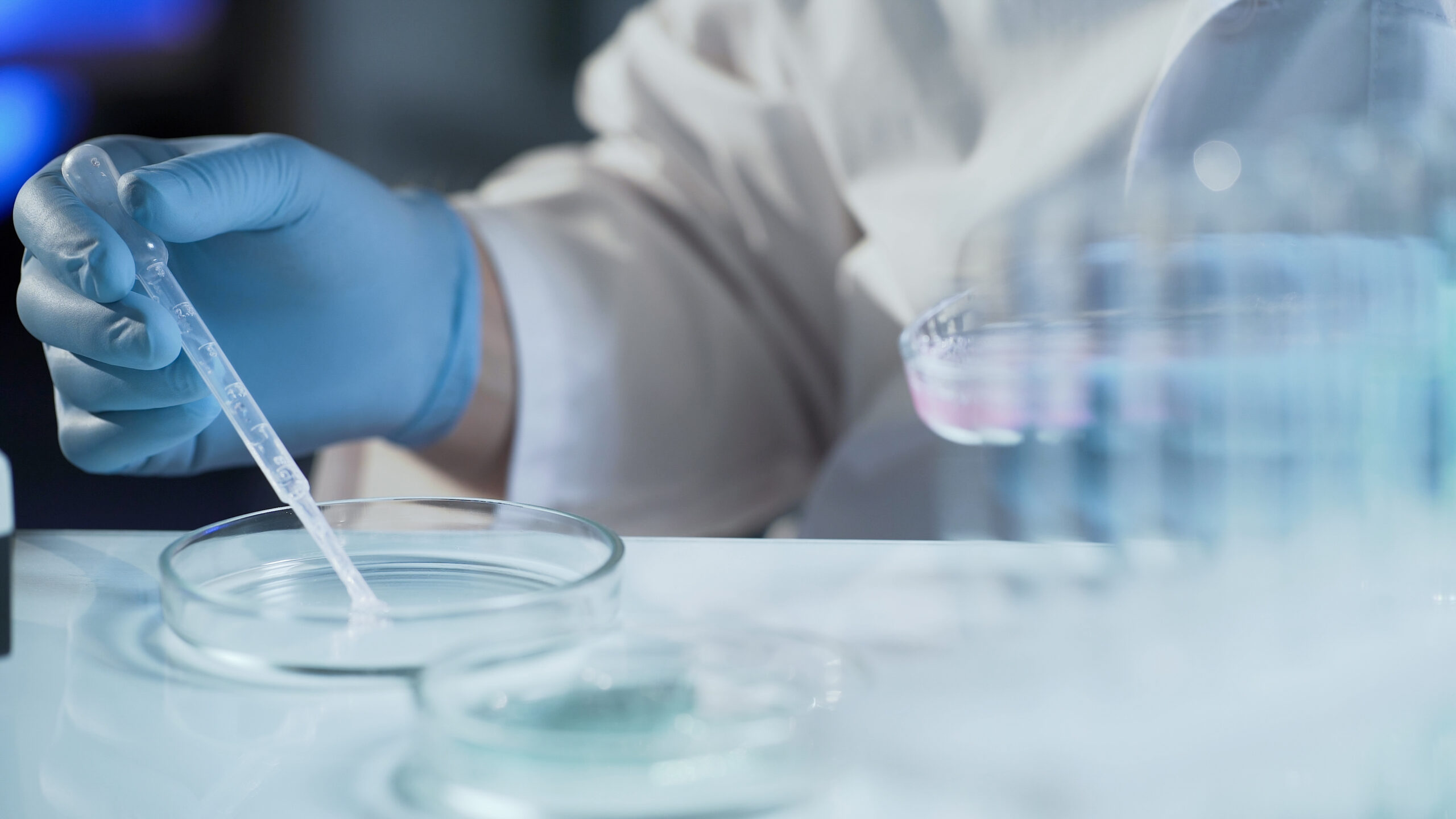
State legislatures are looking into possible solutions to address the adverse effects of per- and poly-fluoroalkyls (PFAS). PFAS are human-made chemicals found in many everyday products linked to increased risks of diseases and health conditions. Manufacturers have used these chemicals in various consumer goods, including carpets, paper packaging, non-stick cookware, and plastics. PFAS are used in many consumer products because of their easy use and stability. However, these chemicals do not break down in the human body or environment, and accumulation over time can lead to increase the risk of negative health effects. For these reasons, state legislatures are enacting legislation to limit and regulate the use of PFAS to protect consumers.
Colorado
HB1345, a bill prohibiting the sale of consumer goods containing intentionally-added PFAS, was signed into law by Governor Polis in June 2022. The bill requires cookware manufacturers to add labels to products that contain intentionally-added PFAS beginning January 2024. The bill also restricts the use of certain firefighting foams that contain PFAS.
Hawaii
Governor Ige signed HB1644, making it illegal to sell or manufacture wraps, liners, plates, food boats, and pizza boxes that have intentionally added PFAS. This will take effect starting December 31, 2024. This law also makes it unlawful to use firefighting foams that contain intentionally added PFAS to extinguish flammable liquid fires beginning in July 2024. The law was signed in June 2022.
Massachusetts
The legislature introduced HB4818, a bill to make it unlawful to sell or manufacture child passenger restraints, cookware, fabric treatments, personal care products, carpeting, furniture, and children’s products that contain PFAS. The bill would also establish a reporting platform through the public health department to regulate PFAS products. This bill was introduced in June 2022 and was referred to the House Ways and Means Committee.
New Jersey
SB3177 would require manufacturers of products that contain PFAS to report to the Department of Environmental Protection regarding the PFAS levels in their product, was introduced in earlier this month. The legislation would also require manufacturers to pay a fee of $1000 upon submitting their report. The bill was referred to the Senate Environment and Energy Committee on October 10.
Rhode Island
Governor McKee signed HB7233, requiring regular testing of public water supply systems to monitor PFAS levels. The law also establishes drinking water standards for PFAS and seeks to investigate other potential sources of PFAS in consumer products. This bill was signed into law in June 2022.
Latest News
Photo credit: iStock.com/Hamburg Studios As Pennsylvania continues to navigate an evolving energy landscape, state leaders are proposing new approaches to ensure reliability, affordability, and sustainability. Governor Josh Shapiro recently announced his “Lightning Plan”, a six-part [...]
Photo credit: iStock.com/Ray Tan As the impacts of climate change intensify, several U.S. states are taking legislative steps to address the mounting costs of adaptation and resilience. New York, New Jersey, and Vermont have recently [...]
Photo credit: iStock.com/Motortion In 2022, the U.S. Supreme Court decision in Dobbs v. Jackson Women's Health Organization overruled a federal constitutional guarantee of freedom to abortion. Since then, legislation concerning reproductive healthcare—including access to [...]
Photo credit: iStock.com/Mikhail Dmitriev State lawmakers have taken legislative action to protect wildlife, including birds such as loons and swans, from lead poisoning. We have seen states pass laws banning lead sinkers or painted lead [...]






Stay In Touch